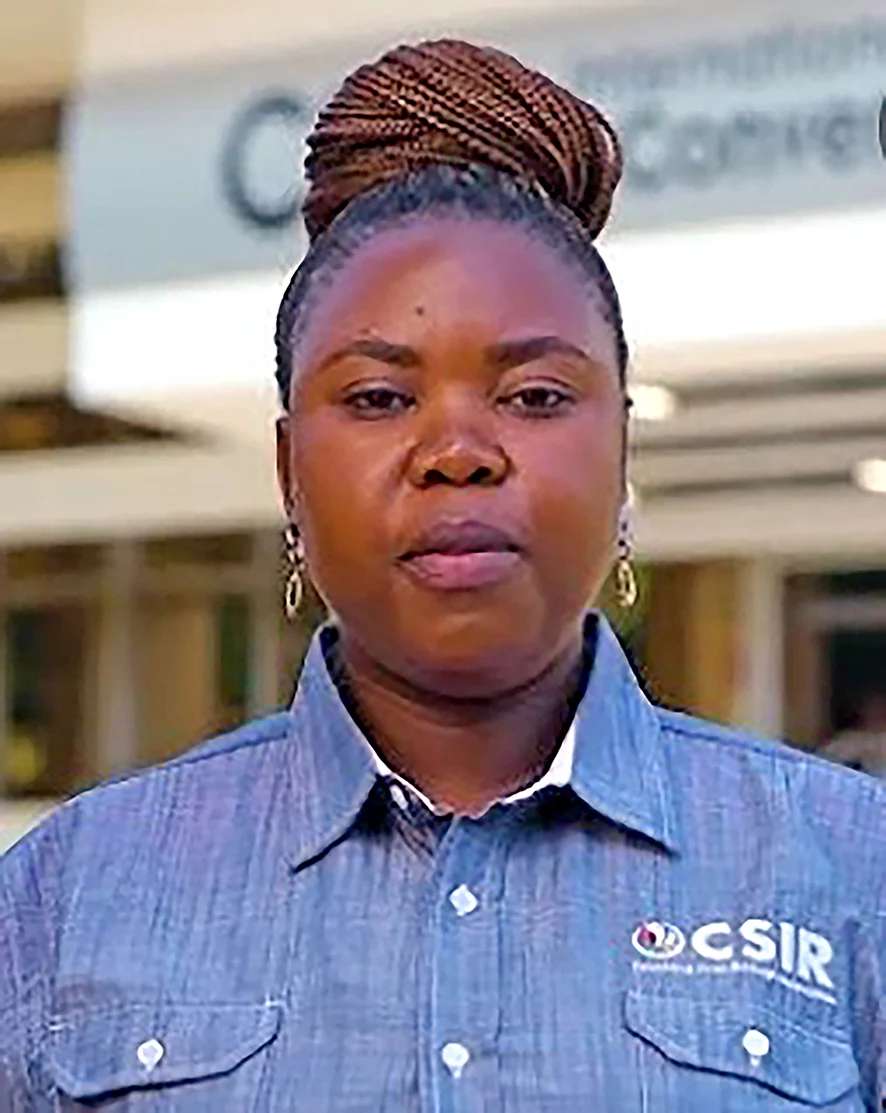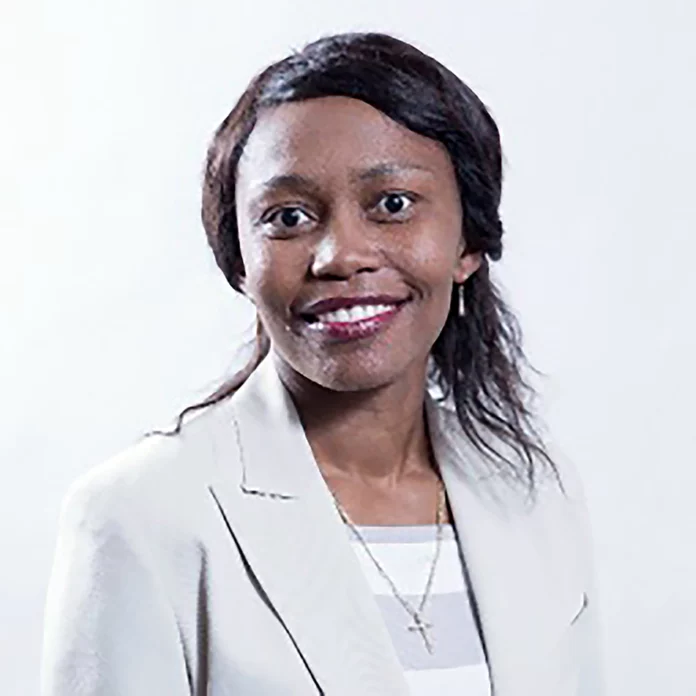Women researchers are shinning the spotlight on education, health and unemployment problems besetting poor communities and how South Africa can harness the power of technology to find solutions to those challenges.
We spoke to three researchers during the Council for Scientific and Industrial Research’s (CSIR) 8th Biennial Conference, which took place in Tshwane last week.
Metallurgical engineer Dr Lerato Tshabalala’s work in laser-based engineering at the CSIR’s Photonics Centre is part of the technology required to ensure a stable supply of electricity in the country as essential public health services are dependent on reliable energy, which Eskom has failed to provide for more than a decade now.
She said by using laser cladding and 3D printing, the laser system makes it easier and faster to repair and maintain plant components such as steam turbines.
Tshabalala, the research group leader for laser-enabled manufacturing, said Eskom’s Duvha and Majuba power stations are already using the technology.
As technical and vocational education and training (TVET) colleges grapple with old curriculum and the long process of updating it, researcher at the CSIR’s Centre for Robotics and Future Production Dr Belinda Matebese and her colleagues are bridging the technology gap at these institutions.

The gaps have been brought about by digital transformation in the manufacturing, production and mining industries.
Matebese said the Learning Factory was established to promote skills development, innovation and support in digital technologies which are key in the fourth industrial revolution (4IR). Automation of processes such as welding is a reality, she said, and the Learning Factory equips students with skills to take advantage of opportunities and innovations brought about by the 4IR.
Matebese, who has a PhD in applied mathematics from Stellenbosch University, said it is important to help students involved in technical education acquire new skills and competencies to leverage opportunities in the 4IR.
Biochemist Dr Amanda Skepu, who is involved in the development of the point of care rapid test to detect infectious diseases such as HIV and Covid-19, spoke passionately about the importance of supporting the use of locally manufactured medical products.
Skepu said South Africa uses test kits imported from countries such as China and South Korea, when it has the capability to produce its own locally.

“The pandemic proved to us that we need to build our own local capabilities,” she said.
Skepu, who has a PhD in biochemistry from the University of the Western Cape, said the system of tenders that prefers the lowest price stifles growth opportunities for locally manufactured medical products.
She said a long-term approach is needed in South Africa to support locally produced medicinal products, a sector with the potential to create jobs.
Follow @SundayWorldZA on Twitter and @sundayworldza on Instagram, or like our Facebook Page, Sunday World, by clicking here for the latest breaking news in South Africa. To Subscribe to Sunday World, click here



